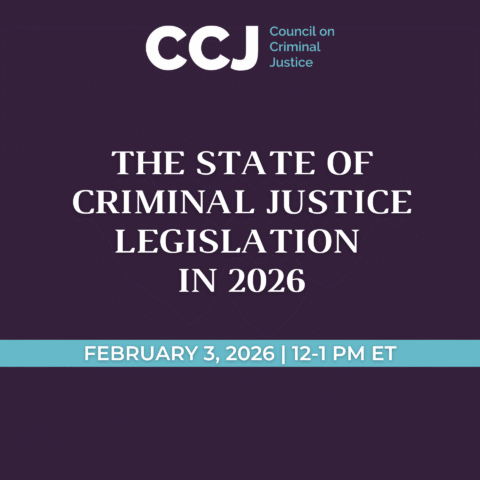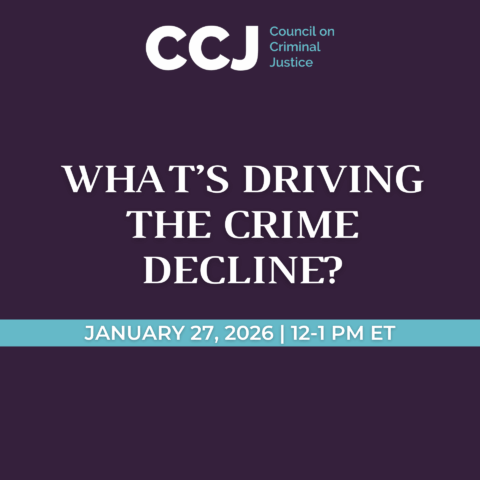Redesigning Reentry: How Medicaid Can Improve Health and Safety by Smoothing Transitions from Incarceration to Community
This issue brief is the second in a series of publications from the Health and Reentry Project (HARP). It outlines key principles for changing Medicaid’s role in reentry, proposes a new reentry care model, and identifies essential elements for successful implementation of potential Medicaid reentry policies.
Between January and May 2022, HARP engaged a wide range of experts and stakeholders, including health and criminal justice leaders, advocates, formerly incarcerated people, and others who will be affected by any new policies in this area. This brief provides a synthesis of the feedback gathered through this engagement and offers a framework to help public officials translate Medicaid policy changes involving incarcerated people into effective practice.
This brief is structured in three sections:
-
- Guiding Principles for Changing Medicaid’s Role at Reentry
- A New Care Model to Support Successful Reentry
- Implementing Medicaid Reentry Policies: Seven Essential Actions




